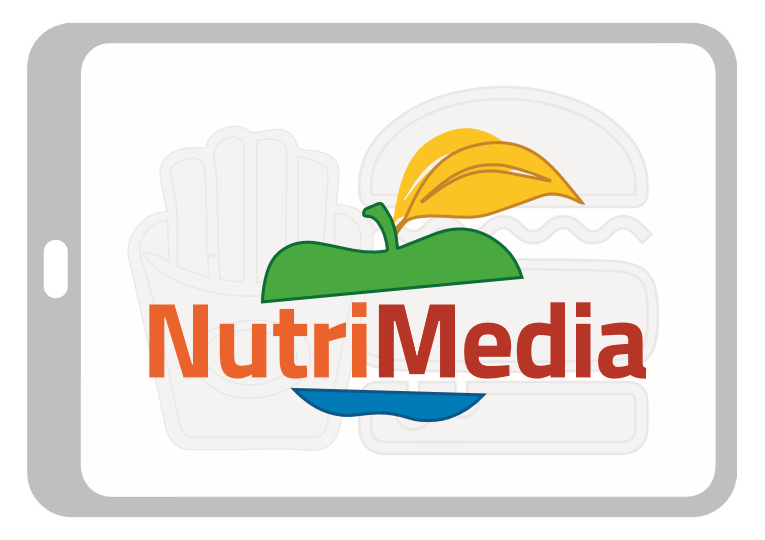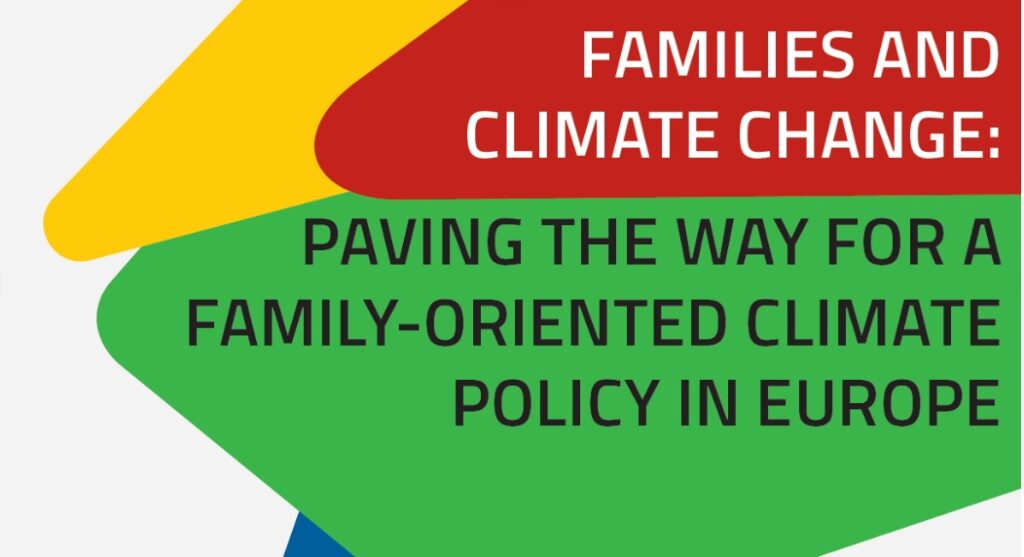The impact of food marketing on the health of families
COFACE Families Europe is campaigning to help tackle childhood obesity and has developed an interactive tool called #Nutrimedia. It can be used as a starting point for discussions on the impact of advertising on the food choices of children and youth.
Given the number of health related problems associated with obesity, childhood obesity has come under close attention in the last years due to its worrying trends. The WHO estimates that 1 child in 3 in Europe is overweight or obese. While there are many factors explaining these trends, a predominant one is unhealthy eating habits, namely, the overconsumption of food high in fat, salt and/or sugar (HFSS), and the heavy marketing and advertising of HFSS food has been flagged by a number of researchers, neatly summarized by the WHO, as a determining factor.
Putting an emphasis on limiting children’s exposure to marketing of HFSS food is sensible for many reasons. First and foremost, such exposure goes directly against the UN Convention on Children’s Rights (UNCRC). Under the UNCRC, children have the right, among other things, to health (art. 24), privacy (art. 16), and protection from economic exploitation (art. 32). More generally, states agree to act in the “best interest of the child” (art. 3) and guarantee a child’s right to participation under the form of freedom of expression (art. 13), freedom of association (art. 14) and access information and the mass media (art. 17) under conditions which do not endanger the child’s well-being.
Advertising and marketing in the media and especially in digital media pose a number of challenges for the effective realisation of the rights of the child.
Digital media appeal to a child’s emotions, lets them enjoy an entertaining experience and thereby makes them more vulnerable to commercial messages. With ever increasing data generated by users and better designed data analytics tools, digital media can personalize and target advertising to a level never seen before. Coupled with the fact that a majority of digital media rely on business models centered on advertising, this creates a highly problematic online environment for children. COFACE Families Europe is deeply concerned by all of these developments and has taken a number of initiatives to limit children’s exposure to advertising of HFSS foods.
Our position and EU advocacy
COFACE Families Europe is deeply concerned by all of these developments and has taken a number of initiatives to limit children’s exposure to advertising of HFSS foods.
COFACE Families Europe has been issuing recommendations to EU and International policy makers:
- under the current revision of the AVMSD (Audio Visual Media Services Directive) by strengthening its limitation on advertising of HFSS food;
- under the DG CNECT strategy on a Better Internet for Kids by shedding light on the growing commercialization of the Internet and calling on the major companies within their self-regulation commitments to address child exposure to advertising;
- under the current EU Commission REFIT exercise by submitting amendments to EU law under discussion/revision such as the Digital Contracts Directive or the Consumer Rights Directive which will contribute to transforming the online environment (for instance, forbidding companies from labelling content which is paid for by advertising as “free”);
- under its broad range of partnerships with organizations sharing COFACE-Families Europe’s values and aims such as EPHA (European Public Health Alliance), eNACSO, BEUC and many more.
Our contribution: #Nutrimedia
As part of the European Platform for action on diet, physical activity and health, COFACE Families Europe committed to help tackle childhood obesity by developing an interactive tool called Nutrimedia which aims at raising awareness about advertising techniques, strengthen resilience to advertising and enhance media literacy for families in Europe and beyond.
Nutrimedia is a tool which provides parents and children with:
- a broad overview of the general context of HFSS food marketing, looking at key figures such as the amount of money flowing into advertising, and the products which are most heavily advertised;
- a detailed analysis of the different advertising techniques used in both traditional and digital media to help parents and children understand them and recognize them;
- a review of the implications of the growing commercialization of the Internet and the over-reliance on business models based on marketing/advertising;
- a number of recommendations on how to build resilience to marketing/advertising and what to do about it.
The package highlights key questions at policy, legal and industry level. As well as raising awareness of the impact of advertising on food choices of youth, it aims to provide to parents and educators to make conscious nutrition decisions, and better ally social and health policy.
Nutrimedia uses multiple formats to help carry its message across, ranging from a power-point presentation given to trainers or parents during a parent evening, to a fully interactive online training course which anyone can access to get informed.
Download the policy brief here.
More information, contact secretariat@coface-eu.org





